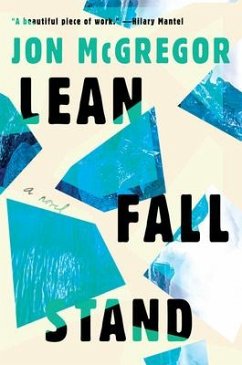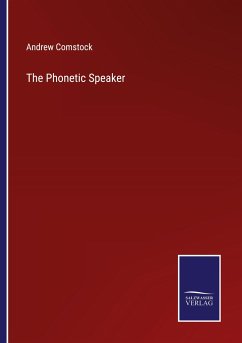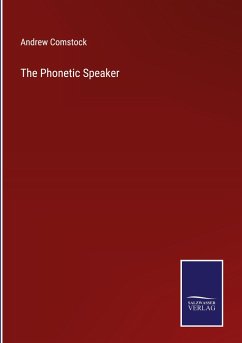
The Suspect Speaker
The Frustrations and the blessings of life with aphasia

PAYBACK Punkte
6 °P sammeln!
The Suspect Speaker There are fifteen short short stories in this volume. All the stories are about people who have difficulty in spoken communication. People with aphasia. Aphasia is the loss of a previously held ability to articulate ideas or comprehend spoken or written language, resulting from damage to the brain caused by injury or disease. Rather than a biography or an academic text, these stories reflect the everyday experience of people with aphasia, their supporters and carers. In these tales, they will see themselves or their loved ones. These stories contain a taste, an inkling, of ...
The Suspect Speaker There are fifteen short short stories in this volume. All the stories are about people who have difficulty in spoken communication. People with aphasia. Aphasia is the loss of a previously held ability to articulate ideas or comprehend spoken or written language, resulting from damage to the brain caused by injury or disease. Rather than a biography or an academic text, these stories reflect the everyday experience of people with aphasia, their supporters and carers. In these tales, they will see themselves or their loved ones. These stories contain a taste, an inkling, of what it is to have aphasia: the frustrations, the anger, the acceptance and the blessings. People with aphasia have individual communication difficulties: Some can't read very well, or their attention span is fatigued. Some have lost some vision. Some can't write but their vocabulary is adult. Some can't find the sense in syntax, or they lack context or comprehension. Most understand the words, but can't pronounce them. Each story here has three versions: A, B and C. The A version is for people who have aphasia that have difficulty in reading. The sentences are compact and descriptions are sparse. The C versions is for people with aphasia who can read, or who like to be read to, by their supporters/carers. The B versions are in-between - a therapeutic 'sandwich'. People who have aphasia can get the gist of the stories from the A version, and in recovery, over time, can extend their reading ability for the B or C stories.













